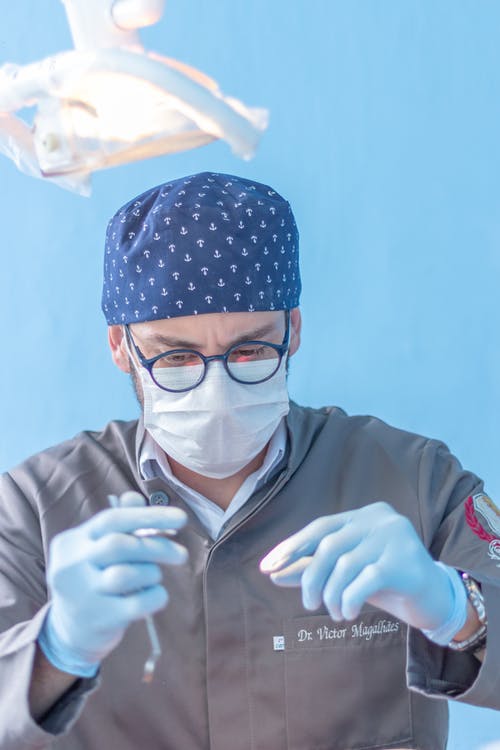There’s a time when doctors and patients tend to annoy one another. However, it is important to avoid make the doctor gets annoyed both unintentionally and intentionally. When dealing with doctors, we often need to get prescription and it is quite frequent that patients simply get confused. Even for mild illnesses, we should keep a record of previous medications, allergic reaction to drugs and daily doses. We should also know what kind of supplements and vitamins that may affect our medications. This information is important if we encounter new doctor, so we don’t need to undergo the trial and error process all over again.
In some cases, patients simply ignore or forget mentioning any non-prescription and supplement. They may think that these OTC products are no essential. However, there are some substances in the OTC medications that are not approved by the doctor. Some combinations of drugs can cause severe side effects or even fatal. We shouldn’t waste valuable time by not telling the doctor about all things that we know. If your doctor is unsure due to a number of complications, we can’t expect that we will get results. Any kind of symptom should be mentioned, even if it’s only slightly higher body temperature or mild shortness of breath. Sometimes we may also notice increased hair loss and our lower back feels hurt.
Because many mild symptoms remain unaddressed, patients could actually become hoarders of symptoms. Each time the doctor asks us what bring us in, we should tell everything that the doctor should know. Some symptoms no matter how mild they are could be related to our primary issue. By having good communication, the doctor may have a clearer understanding about our situation. As an example, gallbladder issues actually have shoulder pain as one of the symptoms. Although this symptom may not appear to be related, the doctor should be able to make better and more definitive diagnosis. If we want each and every symptom is properly treated and evaluated, it is important we communicate proper with the doctor.
If you have chosen your doctor, you need to be fully compliant. You should agree when the doctor asks you to discuss treatment options and have a full physical exam. After being given a prescription, some patients simply don’t go to the pharmacy, thinking that they don’t need any kind of medication for their condition. But then, they would see their doctors when they experience worsening symptoms. The relationship with the doctor won’t be good if he finds out that we never took the prescribed medication. In some cases, people are reluctant to take antibiotics because they no longer feel sick. However, this could make germs in their bodies more resistant to the antibiotics due to insufficient dosage.
Doctors find it frustrating when their patients refuse to be compliant. On the other hand, many patients think that they are being pressured to take a medication or follow a specific treatment. Honest communication is essential if patients and doctors want to get along for many years.


















